Does Hypnotherapy Work?
By Susanna Sweeney, MSC, MBACP, CHT
“Does hypnotherapy work?” In reality there are two parts to this question.
The first one is whether hypnotherapy is a valid form of therapy, or, alternatively, whether hypnotherapy is all down to charlatanry.
Maybe you have heard people be doubtful or negative about hypnotherapy and you want to check the facts.
The second part to that question is: “Does hypnotherapy work FOR ME?” Maybe you would like to give it a try but you want to be sure before you book hypnotherapy to help you change the issue in your life that you wish to change.
These are the questions that I will attempt to answer in this article. Bear with me throughout the arguments I will make. They might not be quite what you would expect, but I promise all will become clear in good time.
On the first question: “Does hypnotherapy work- is it a viable form of therapy?”
To start answering this question, allow me first to briefly delve into the history of hypnosis.
From its inception by Mesmer (1734-1815) and his followers in the 18th century, hypnosis has been viewed with suspicion and prejudice by many in the medical establishment.
In
1784, a Royal French Commission was charged with investigating
mesmerism. The commission had hundreds of positive testimonials
available for inspection by people who were cured of their various
complaints through the interventions of mesmerists. But these
testimonials were ignored, and in the end, mesmerism was rejected out of
hand and even banned.
Similar scenarios replayed themselves in continental Europe and in the US. The medical orthodoxy found mesmerism unpalatable. Why?
For
one thing, conservative medical doctors did not like the association
between hypnosis and sensational stage performances by mesmerists. Many
of these performances used (and to this day use) some deception to make
the stage act all the more impressive to the audience. This made it easy
to associate mesmerism (hypnosis) per se with charlatanry.
Secondly, conservative medical doctors could not understand how hypnosis worked. There was nothing to see, nothing that could be measured. Ignorance led to prejudice and closed-mindedness.
Consider this:
In the 18th and early 19th century conventional medicine had nothing
much to offer patients. Crude, and- by today’s standards- rather
questionable methods such as purging and bloodletting were the order of the day. As you might imagine, there were very few success stories.
In contrast, patients enthusiastically embraced mesmerism- in Vienna, in Paris, all over France and in the US.
With this in mind, you would expect doctors to be interested in how conventional medicine might make use of what hypnosis had to offer. After all, it should all be about patient care, right?
You would expect a truly scientific approach-
for leading doctors to become curious about how mesmerists did achieve
the results they did- and to design suitable research projects to get to
the bottom of the issue. You would expect that sort of reasonable
approach.
But reason did not prevail.
And, it seems, once hypnosis had been tarnished with the brush of suspicion and prejudice the reputation stuck.
To this day, hypnosis is one of the most under-researched
fields in psychology- even though it has fascinating benefits to offer.
(Find out here how hypnosis is used in a therapeutic context and how hypnosis can help you).
So
much about the history behind why hypnotherapy is still viewed in this
same light- of something questionable, dubious, or at best, as something
that only works in part. This sad piece of history set the course and
has contributed much to shaping public opinion of hypnotherapy.
This sad piece of history is the reason you are asking this question in the first place: “Does hypnotherapy work?”
Curious by now? Good. Bear with me, your questions shall be answered in as best as I can.
"So, does hypnotherapy work at all?"
Before I attempt an answer to this question that is informed by research, allow me to play devil’s advocate by offering an analogy. I want to do this because, I feel, the question of whether or not hypnotherapy works is quite charged.
It contains unspoken connotations:
- Hypnotherapy is probably just a gimmick.
- Hypnosis is probably just a trick.
- If it works at all it will only work for a select few.
- It certainly won’t work for me because I am not hypnotizable. (Really? Are you sure? Check out what research has to say about hypnotizability in my article on hypnosis myths).
Therefore, when
being asked this question “Does hypnotherapy work?” you are immediately
manoeuvred into a defensive position. You are now under pressure having
to produce impressive arguments, case studies and research evidence to
‘clear the slate’, to alleviate suspicion that you along with the rest
of the professionals working in the hypnotherapy field may be
charlatans, after all.
Not really fair, I feel.
So allow me to come at the question in a different way here for a moment and you might understand what I am getting at:
Asking “Does hypnotherapy work?” is a little bit like asking “Does surgery work?”
Think about it for a moment.
Surgery
is a viable medical intervention, but surgery cannot cure any and every
condition. And even when surgery is deemed useful, the outcome of the
same surgical procedure won’t be the exact same for everyone, even when
the processes are tried and tested.
There are many variables to consider, such as:
- How well surgery can work for the patient’s particular condition
- How suitable surgery is for the patient at this time
- How professional the surgeon and other medical staff are
- On the patient’s general health at this time
- On how committed the patient is to working for his/her recovery
- If side effects to the surgical intervention occur, and what shape and form these will take exactly.
You
probably get the idea by now. There are complexities to every
treatment, and there are individual differences between patients. A
whole battery of factors will impact how well someone will take to a
treatment, and what the results will be.
I will argue that this very same complexity is true of hypnotherapy (or any form of therapy) as well.
Some of the factors impacting how well hypnotherapy will work for someone are:
- If hypnotherapy is suitable for their particular issue
- How open minded the person is when accessing hypnotherapy
- How easily they can relax
- How open they are to suggestion
- How good they are at self care following the treatment
But when looking for an answer to the question: "Does Hypnotherapy Work?”
also consider the track record of hypnotherapy
What subjective reports tell us about hypnotherapy
There are tens of thousands of people out there who have changed their lives using hypnotherapy. Listen up in your circle and you are bound to pick up on positive testimonials around people losing weight, shedding depression or anxiety or achieving their goals with the help of hypnotherapy.
Hypnotherapy has been in use for over two hundred years. Many well-known historic personalities have benefited from the therapeutic power of hypnosis, see some of them listed on an info graphic here. Many present day celebrities have used hypnotherapy to change their lives and you will find examples on an info graphic in the same article.
Plus, even though there is not a lot of investment in research around hypnotherapy, there is some good research evidence as to the efficacy of hypnotherapy.
A brief impression of what science says about hypnotherapy:
- See a Washington Post article here which backs the science behind hypnotherapy.
- One of the most stunning characteristics of hypnosis is its ability to act as an analgesic or even as an anesthetic. James Esdaille (1808-1859) was one of the first hypnotists to make use of this phenomenon. He performed some 3,000 painless surgeries using only hypnosis as an anesthetic. This case is well documented. A government commission investigated his work in 1846. Their findings were positive and as a result he was given his own hospital which was run as a ‘mesmerist’ hospital.
- In more recent times, hypnosis has been used in childbirth. Cyna et. Al. (2004) reviewed existing studies on the issue and found that participants using hypnosis were asking for less pain relief and reported less labor pain.
- On pain hypnosis also, Montgomery et. al .(2000) found that hypnosis was an effective analgesic for 75 % of participants.
- Backed by research findings, hypnosis is now considered an effective treatment for IBS.
- Hypnotherapy is considered an efficacious treatment for migraine headaches and as such is free from side effects.
- Johnson and Karkut (1996) used weight loss hypnosis with 172 women and achieved significant weight loss results, while Stradling et. al. (1998) also produced statistically significant results in favor of hypnotherapy for weight loss.
- View scientific evidence backing stop smoking hypnosis here.
- Kirsch et, al. (1995) make the case for hypnotherapy as an effective adjunct to cognitive behavioral therapy (CBT) increasing treatment success by as much as 70%. CBT is used for a wide variety of issues such as overcoming addictions, trauma, anxiety, depression, weight loss and many other issues.
- David Spiegel, MD, (2003) makes the case for hypnotherapy in overcoming the effects of trauma and in working with dissociative disorders.
- In a 2016 Stanford study, modern brain imaging techniques have been able to show that there is such a thing as hypnotic trance by mapping out how the brain is affected.
As you can see, with the few pieces of research carried out in the hypnosis field, this is still an impressive list of evidence for what hypnotherapy can do.
How does hypnotherapy work compared to other methods?
There has been no comparative research conducted for a quite a while, but I did come upon this classic study (see graphic) which compared hypnotherapy to psychoanalysis and CBT in terms of efficacy of treatment. As you can see, hypnotherapy performed very well.
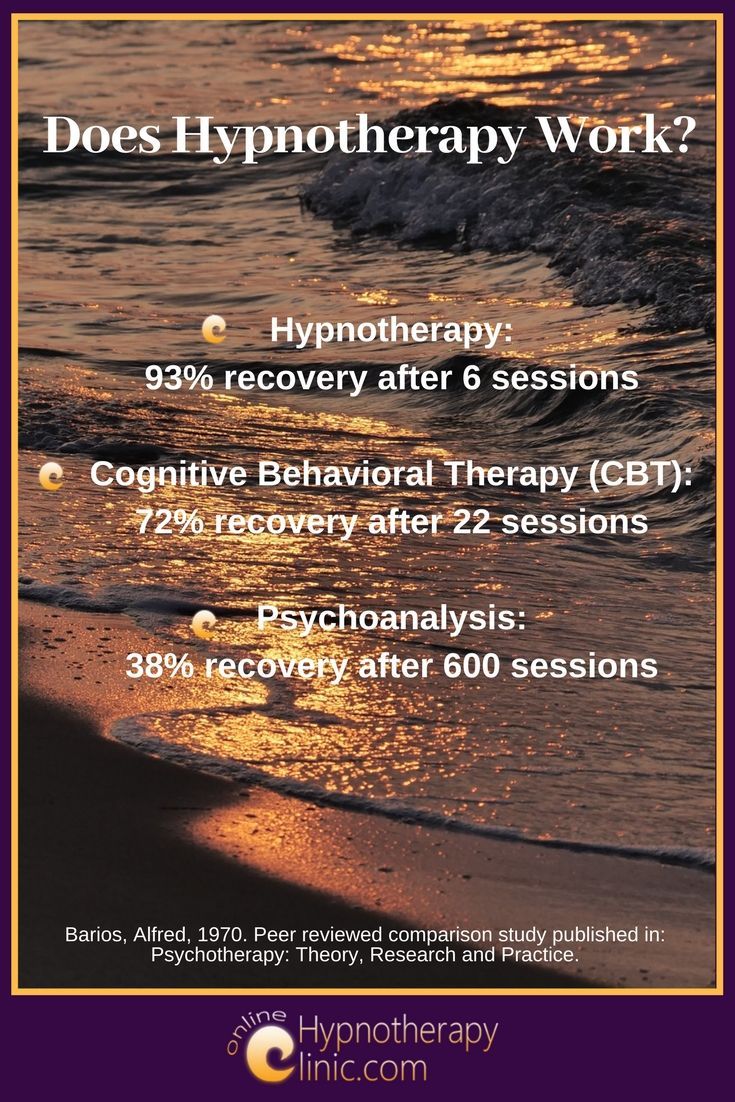 Does hypnotherapy work? Not only that but it is extremely effective according to the findings of this classic study.
Does hypnotherapy work? Not only that but it is extremely effective according to the findings of this classic study.Does Hypnotherapy Work Perfectly at all Times?
Another unspoken connotation hidden in the question: “Does hypnotherapy
work?” is an expectation many people have that it must work perfectly,
100%, for any condition, under any circumstances- otherwise hypnosis, by
many people, is deemed not to be working at all.
High standards? Ever so slightly!
Is hypnotherapy such a miracle treatment? No it is not- and no therapy is.
Hypnotherapy
seen as a cure all for any and every condition is one of many hypnosis
myths which are good to shed before your treatment if you are
considering using hypnotherapy for change in your life.
Now on to the second part of your question, the one you have been waiting for patiently all along.
Will hypnotherapy work for you?
And again, the answer probably won't be what you would expect to hear:
I am afraid I will I have to leave you to find your own answer to this question. You will be the best judge of your own circumstances and of your own experience.
But I will give you some help along the way:
- In my article “How Hypnosis Can Help You” check if your issue is among the list of the most common issues that people attend hypnotherapy for.
- If it is, and you would like to give hypnotherapy a go, there are some things you can do to get the best out of your hypnosis treatment, including educating yourself around hypnosis myths.
- Also, you may be interested in self help hypnosis because this is something you can practice at home, for free, or at minimal expense. Practicing self hypnosis is a good way to try out self hypnosis trance to see how deep you can go and if you like the experience of working this way.
What is Hypnosis? Other Articles on This Topic
Understand the Basics
Discover the Power of Hypnosis
Discover the power of hypnosis through 10 amazing facts about hypnosis you most likely have not heard before.
Six Wonderful Benefits of Hypnosis for Creating the Life you Love
Find out the benefits of hypnosis over coaching and traditional talk psychotherapy in helping you change your life for the better and achieving your goals.
You may have heard anecdotal reports about hypnosis being nothing more than unscientific ‘mumbo-jumbo’ which might have planted this question in your mind. So, does hypnotherapy work? Find out my answer to this charged question, and it probably isn't what you would expect.
The 3 Worst Mistakes Hypnotists Make
Find out the three worst mistakes any hypnotist can make so that you can avoid them and find the right hypnotist for you.
Evolution has given humans a powerful tool that enables us to be the most dominant species on the planet- yet this tool contains a critical flaw that is limiting many people and preventing them from living their dream. This may be limiting you, too...
The Secret Language of Hypnotherapy
Learn the secret language of hypnotherapy geared towards the requirements of your subconscious mind so that you can reach your goals more easily.
Find out the most common issues that hypnosis can help you with and see what you could do with hypnosis to change your life.
This article is a great starting point to understanding what to expect from hypnotherapy treatment, including what you can do to get the most from your treatment.
Hypnosis has been shrouded in mystery. There are many myths or, simply, false beliefs attached to hypnosis. You, too, have likely picked up a few of them as they are ‘around’ in public consciousness. Let me bust those myths for you so you can be free to enjoy and appreciate hypnosis for what it is.
Hypnosis or Self Hypnosis Trance
Hypnotic trance is referred to with much mystery. Is it really that spooky? Allow me to talk you through what the experience is like.
Hypnosis Methods and Ways of Working
This article covers everything you want to know about suggestion hypnosis, including what it is, what it can do for you, how it works, what techniques are used and how you can get the very best out of it. Suggestion hypnosis can help you to reach your goals and change your life.
Regression Hypnosis can help you to clear blocks relating to the past which are causing you trouble now. Find out how it works, how it compares to coaching and psychotherapy and see if it is suitable for you.
This article fills you in on how you can get the very best from regression hypnosis and is a must read if you are thinking of embarking on hypnotherapy treatment for a complex personal issue.
Some hypnotists offer specific sessions to uncover past life memories. Is this a good idea? Find out what my thinking is on how to get the best results from past life hypnosis.
Does online hypnotherapy work or is it inferior to face to face work as some people say? Find out what's involved and form your own opinion about advantages and disadvantages working online with us.
What is Havening and how Can it Help you Change Your Life?
Find out about a novel psychosensory treatment we combine with hypnosis which can help you clear trauma, fears, phobias, anxiety, low self esteem and more while also supporting you in building resilience and positive emotions.
Discover how well hypnosis could work for changing your particular bad habit and how you can make it into a starting point for changing your life.
Hypnosis for Permanent Rapid Change
No more scripts. The new way to work with live issues. It's dynamic, fast, gentle and powerful.
Self Help Hypnosis Articles
Can you help yourself with hypnosis? Find out here...
You will find this question answered but in a way you probably would not expect. Find out how self hypnosis is always at work, whether you harness it as a skill or not...
The Benefits of Self Hypnosis
Find out in this article how you can benefit from self hypnosis in your life, including what issues you can use it for.
Self-Hypnosis Relaxation Techniques
A good place to start practicing self hypnosis techniques first before infusing them with images regarding your specific goals, or changes that you want to make in your life is with relaxation techniques. Find a sample relaxation script on this page that you can start using today.
Self Hypnosis for Goal Setting
Goal setting is key in working with personal goals. If you don’t get your goals just right, you are much less likely to get good results. Find out how to overcome the seven most common mistakes with goal setting when you use a self hypnosis based approach.
Self-Help Hypnosis- 7 Challenges and How to Overcome Them
Like any other form of therapy, self-help hypnosis, too has some limitations which you should be aware of before you start practicing. I also offer some practical tips and solutions to help you overcome most of these limitations.
Auto Suggestions
In this article, find out the history of auto suggestions, the science behind them and how you can use them to your advantage to change your life.
In this article, find detailed instructions on how to design, administer and troubleshoot your auto suggestions successfully so that you can use them to change your life.
Does hypnotherapy work for you?
In the end of the day the decision for or against hypnotherapy in your case will be a heart decision- it will either feel right or it won’t. Many people swear by hypnotherapy. They have stopped smoking, lost weight, stopped drinking alcohol, or stopped being tormented by anxiety thanks to hypnotherapy.
In the end how you like hypnotherapy will be a matter of personal preference- as it is with any form of therapy. Some people swear by homeopathy- others prefer acupuncture.
But one thing is sure- you won't know how you like hypnotherapy until you try. I am hoping you'll give it a go.
Regards,

References:
Cyna, McAuliff, Andrew, 2004. Hypnosis for pain
relief in labour and childbirth: a systematic review. British journal of
Anaesthetics. October 2004, vol 93, issue 4
Montgomery, G.H.,
DuHamel, K.N., & Redd, W.H. (2000). A metaanalysis of hypnotically
induced analgesia: How effective is hypnosis? International Journal of
Clinical and Experimental
Hypnosis, 48(2), 138–153.
Johnson,
Karkut, 1996. Participation in multicomponent hypnosis treatment
programs for women's weight loss with and without overt aversion.
Psychological reports, October 1996.
Kirsch, Montgomery,
Sapirstein, 1995. Journal of Consulting and Clinical Psychology.
Hypnosis as an adjunct to cognitive-behavioral psychotherapy: A
meta-analysis.
Spiegel, David, 2003. Hypnosis and Traumatic
Dissociation: Therapeutic Opportunities, Journal of Trauma &
Dissociation, 4:3, 73-90
Stradling, Roberts, Wilson and Lovecock,
1998. Controlled trial of hypnotherapy for weight loss in patients with
obstructive sleep apnoea. international Journal of Obesity, issue 28
Waterfield, Robin, 2002. Hidden depth. The Story of Hypnosis.Macmillan, London, 2002.
Recent Articles
-
Havening Technique Training auf Deutsch
Apr 18, 25 02:59 AM
Havening Technique Training auf Deutsch- Details und Buchung -
Client Testimonials
Oct 06, 23 06:08 AM
Client Testimonials of my Online REPAIRenting® Program that uses various psychosensory approaches for safe and quick transformation -
Smoke Free Thanks to This Amazing Resource
Aug 02, 23 09:26 AM
Oh thank you for this simple resolution to all my worries! I feel like I have had a weight lifted off my shoulders. It is like cheating on giving up smoking.
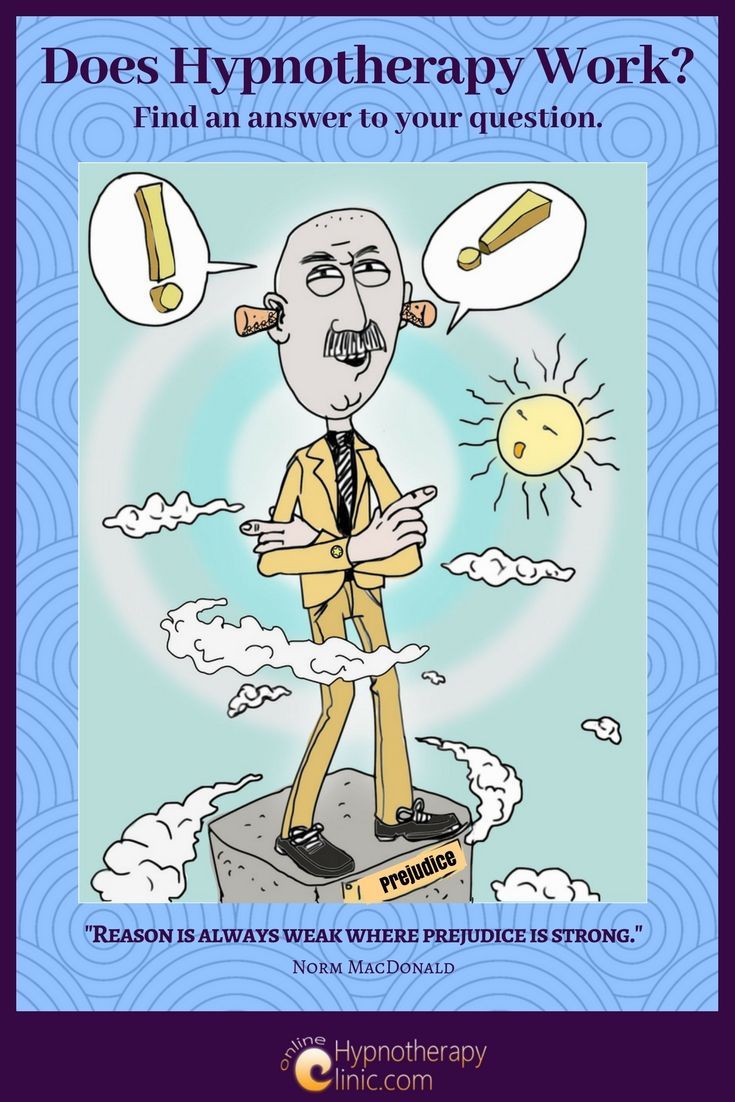
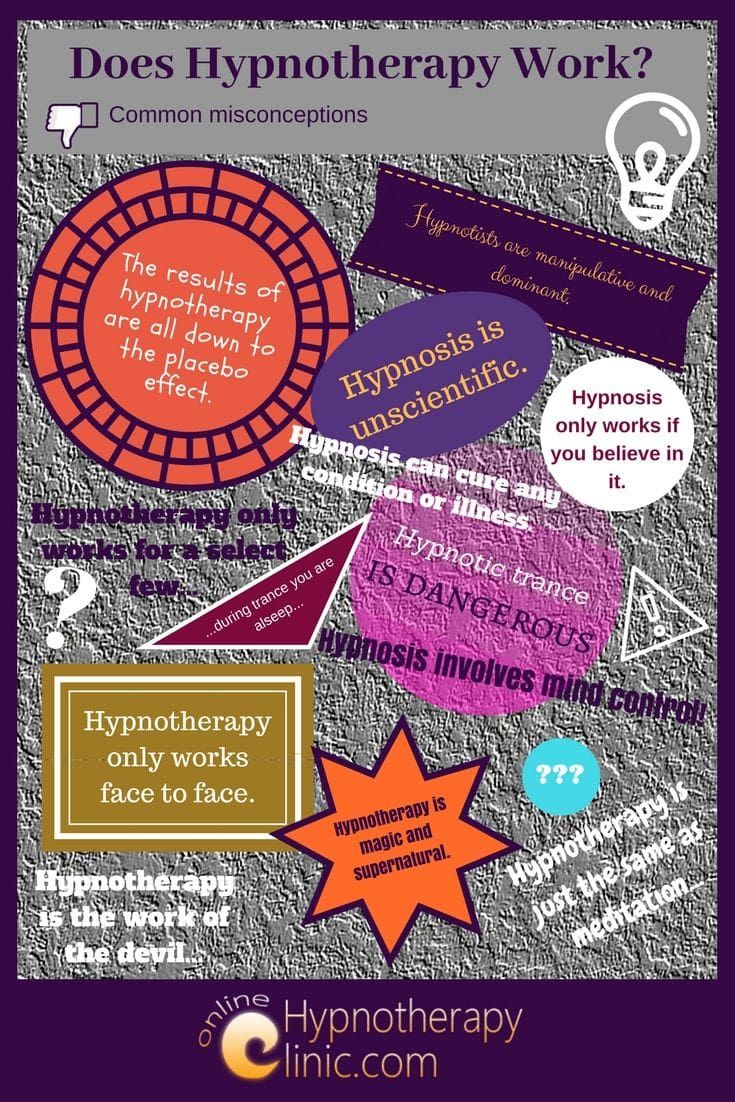
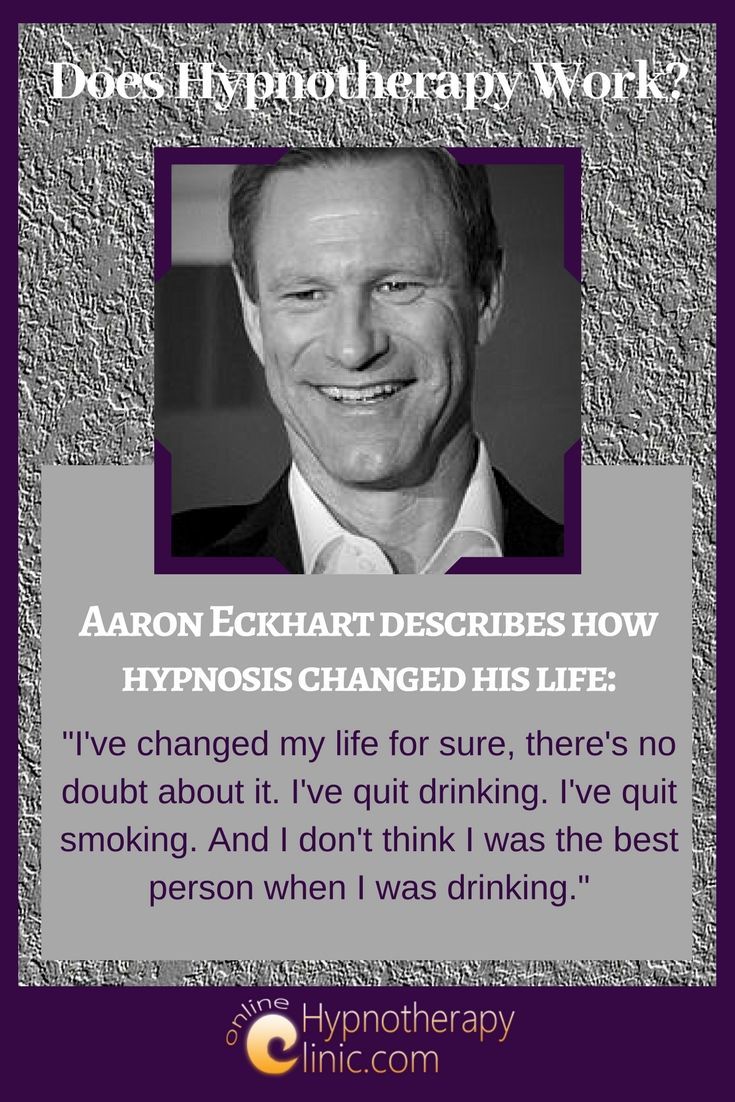
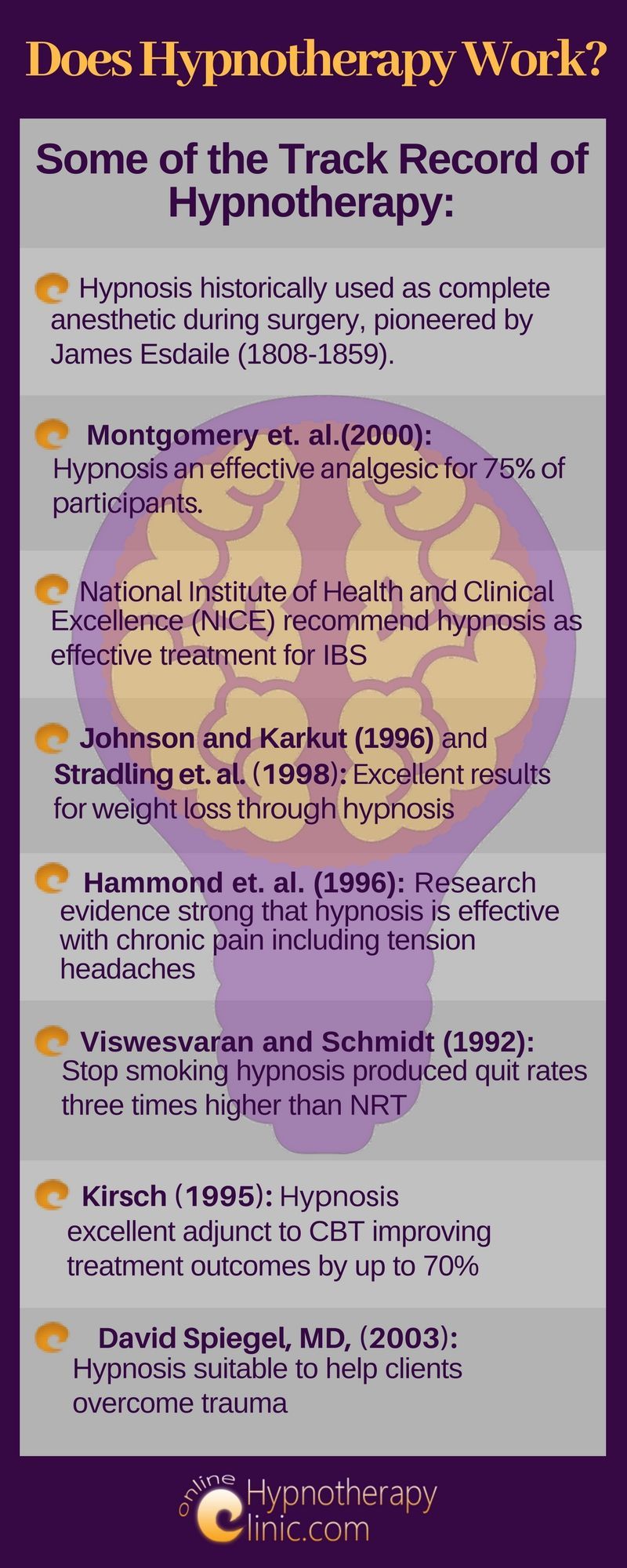


New! Comments
What do you think? Leave a comment in the box below.